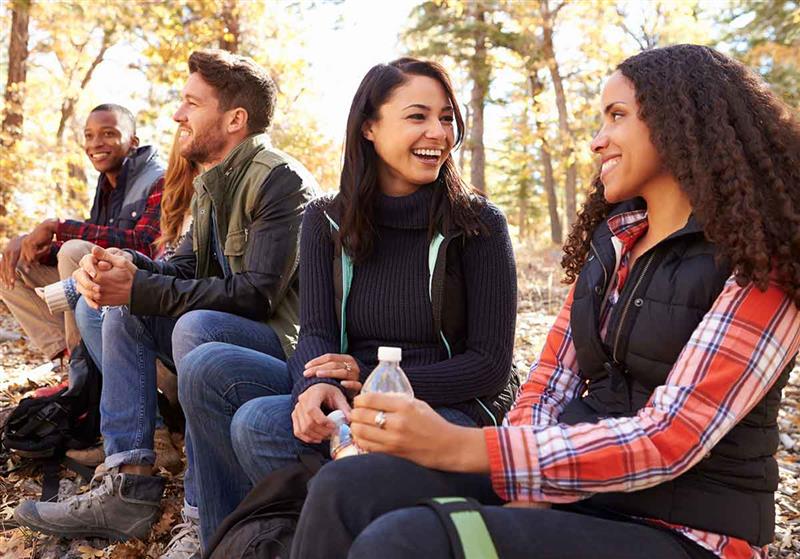
The HPV or Human Papillomavirus vaccine protects against
many different strains of HPV, which cause all sorts of health problems,
including cancer.
What are the risks of HPV?
HPV is most widely known for causing cervical cancer in
girls, but HPV can also cause mouth/throat cancers, anal cancers and genital
warts in both girls and boys. Additionally, HPV can cause penis cancer in boys.
The HPV virus can stay hidden in the body for years or even decades before you
know you have an HPV infection. HPV-related cancers might not have any signs or
symptoms until they are advanced, hard to treat or life threatening.
When is the right time to get the HPV vaccine?
The HPV vaccine is most effective when it is given prior to
any intimate sexual contact. HPV is so common in the United States that nearly
all sexually active people get it at some point in their life.2 By getting
vaccinated as early as age 11, your child can be protected before they are
exposed to the virus through sexual activity.
What types of HPV vaccines are available?
The HPV vaccine is currently available in three forms: one
protects from two strains of HPV, one from four strains and the third from nine
strains. The four- and nine-strain vaccines are for both boys and girls while
the two-strain vaccine is only for girls. The vaccine is given a three-dose series,
which takes 6 months to complete in order to get full protection.
Is the HPV vaccine safe?
The HPV vaccine has been studied very carefully and is
continually monitored by the Food and Drug Administration and CDC for safety
and effectiveness. No serious safety concerns have been linked to an HPV
vaccination. The most common side effect is soreness and redness in the arm
that received the shot and in some cases mild fever, dizziness, or nausea. Some
preteens may experience fainting so it is recommended to sit or lay down for 15
minutes after getting the shot.3
HPV is the only vaccine that can prevent and protect against
cancer. Talk to your doctor or pharmacist for more information on the vaccine.
By Brantley M. Underwood Pharm.D., MBA
Resident Pharmacist, Walgreens and Southwestern Oklahoma State
University
Sources:
1. HPV | What is HPV | Human
Papillomavirus | CDC. (n.d.). Retrieved December 15, 2015, from
http://www.cdc.gov/hpv/parents/whatishpv.html
2. CDC. (2013). 2013 Recommended
Immunization Schedule for Persons Aged 7 Through 18 Years. Retrieved from
http://digitalcommons.hsc.unt.edu/cgi/viewcontent.cgi?article=1000&context=disease
3. CDC. (n.d.). Genital HPV Infection–CDC
Fact Sheet. Retrieved from
http://www.mdaap.org/HPV-Provider-Education-and-Promotional-Materials.pdf

